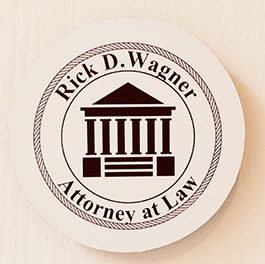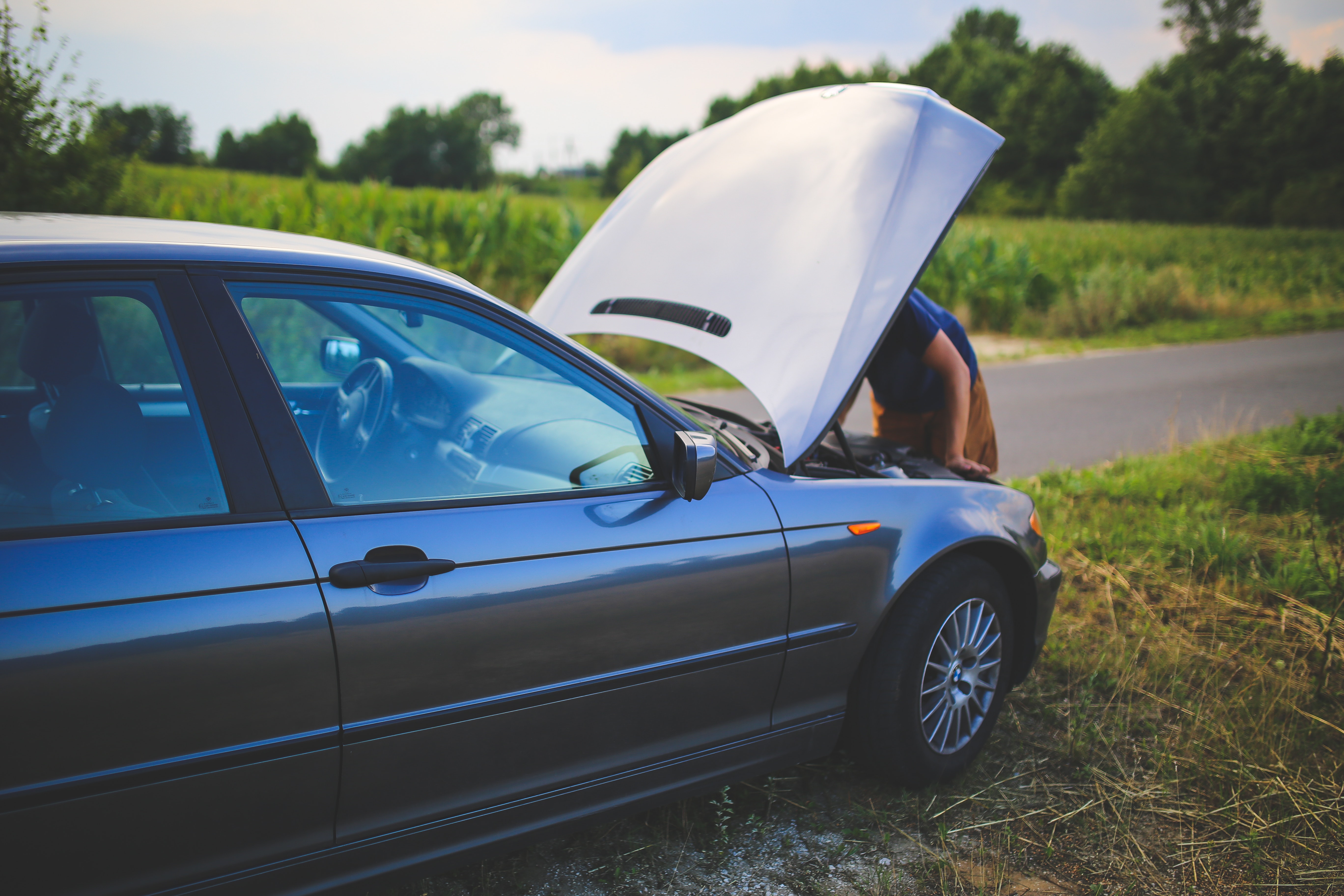DIY versus Professional Car Repairs: Pros & Cons
By Ursula Nizalowski
At its core, a DIY, or Do-It-Yourself, is when a person repairs or makes something without professional help. Now even though this behavior technically goes back to ancient human history, the term ‘DIY’ didn’t get coined until the 20th Century when “magazines began advocating for consumers to tackle domestic labor independently” in the aftermath of World War II according to Toolrage. Then in the age of the internet, DIYs thrived more now covering a wide range of topics including car repairs. But is it worth trying a DIY car repair, or getting a professional? Hopefully, this article will help answer that question as we look at the pros and cons of DIY and professional car repairs.
DIY Car Repairs
Pros – With high inflation in recent years, things have become more expensive and car repairs are no exception. This is especially true when “labor costs start to eclipse the price of replacement parts” says Aloha Auto Repair Shop, meaning if a car requires more work beyond a simple part replacement to repair it’ll drive up the repair’s overall expense. So doing a DIY car repair might actually save money if one has the right tools and parts for the repair. Plus DIY repairs can be done on a driver’s own leisurely time, which minimizes disruptions to their daily life as a result.
Cons – Before considering a DIY car repair, a number of factors need to be considered. Namely, one’s “mechanical knowledge and expertise, the complexity of the repair, the tools and equipment required, the potential risks of DIY repairs,” and budget as outlined by Walker’s Automotive. Thus, a driver shouldn’t go into a DIY car repair blind if they don’t know what they’re doing or have the right stuff for the job. On top of that, DIY repairs remove the assurance of warranties/guarantees in case something goes wrong during the repair which means extra costs when a DIY repair fails.
Professional Car Repairs
Pros – Since cars are complex machines with a lot of moving parts and electronics, trying to self-repair them could be dangerous for those who lack experience. By contrast, professional car mechanics have undergone extensive training for many years in order to be certified. Additionally, they have easier access to the necessary tools and parts for car repairs compared to the average DIY enthusiast. With these factors combined, there’s a good chance a professional car repair will yield better results than a DIY one.
Cons – As said before, car repairs are expensive—especially when it’s done by a professional as the total amount on a repair includes labor charges, parts, and shop fees. So even though the quality of work may be good, the professional has to be paid for the amount of time they spent working on the car, how much they spent on the necessary parts for the repair, and for using their services in general. But if the professional isn’t certified, it could lead to unnecessary repairs or deliberate sabotage to increase the amount they charge for their work. For this reason, one ought to be careful when choosing professionals to work on one’s car.
When weighing both options, it’s really up to the individual to decide what to do with their car. But the general consensus is that DIYs are better for simple car repairs whereas more complex repairs should be handled by a professional. For further clarity, though, feel free to contact attorney Rick Wagner.


